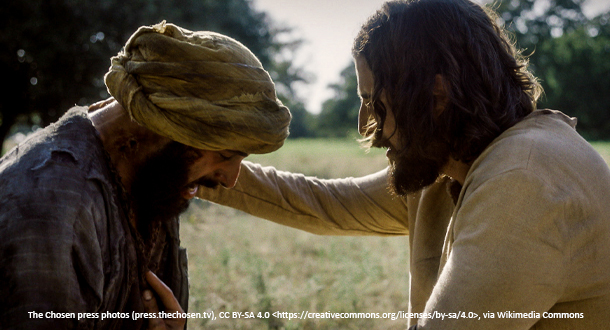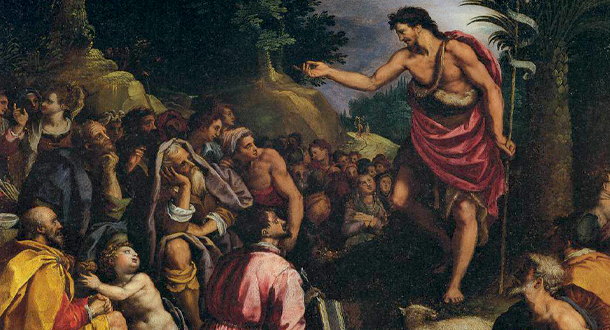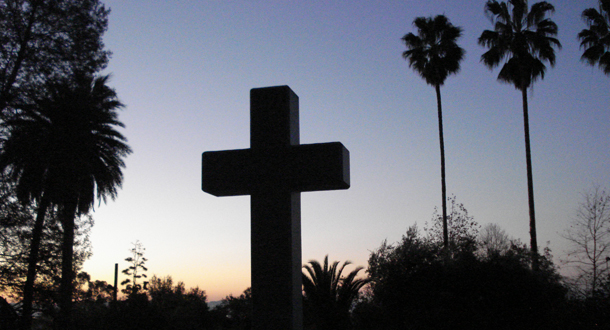
Scripture:
Genesis 17:1, 9-10, 15-22
Matthew 8:1-4
Reflection:
When Jesus came down from the mountain, great crowds followed him.
and then a leper approached, did him homage, and said,
“Lord, if you wish, you can make me clean.”
He stretched out his hand, touched him, and said,
“I will do it. Be made clean.”
His leprosy was cleansed immediately.
-Matthew 8:1-3
Today’s reading from Matthew begins with Jesus coming “down from the mountain.” He has just completed his “Sermon on the Mount” with so many of our most cherished teachings: the beatitudes, the Lord’s prayer, the golden rule, as well as teachings on anger, almsgiving, false prophets, judging, money, shining our light–most of which turned traditional social and economic paradigms upside down. Love our enemies? Store up treasures in heaven?
So as we begin today’s gospel reading, “great crowds” are following Jesus “down the mountain” after hearing an astounding call to love as God loves us. Yet, as we all know, it is one thing to hear a teaching, particularly one that stretches what we think is our reality. It is quite another thing to take it in, to let it shape us, to be willing to let go of what we thought were the parameters of who we are and who are neighbor is. And then to act.
So Jesus teaches us how to do that too. Enter the leper. Jerome Neyrey, SJ, a professor of New Testament at Notre Dame, explains that lepers were considered physically unclean and would have been on the margins of Israelite society. He goes on to say “it is safe to say that Israel was both intensely concerned with purity and with the appropriate lines and boundaries.” So it is particularly significant that Jesus transgresses these boundaries and touches the leper. This is no healing from afar, like the Syro-phoenician woman’s daughter or the centurion’s servant. This is intimate, physical touch. And rather than Jesus becoming unclean, in an extraordinary reversal, the leper becomes clean.
Mind blowing really. Unthinkable. Rather than contamination being transmitted, love and healing flow in intimate physical touch between Jesus and the leper. Divine love flowing through human flesh, not accidentally, but as an action of will: “I will do it.”
For me, this is the model to which Jesus invites us all. First, we are called to listen deeply to his words, taking in as best as we can these teachings that still turn our social and economic paradigms upside down today. Spend time on the mountain with Jesus.
Then, we are invited to follow Jesus “down the mountain,” into a world which too often tells us who is clean and who is unclean. My prayer today is for the grace to see the other, particularly those on the margins, as Jesus sees the leper–and to choose to participate in the divine love Jesus offers us all. I think of Pope Francis’ invitation to work for a “culture of encounter.” He describes it as “not just seeing, but looking; not just hearing, but listening; not just passing people by, but stopping with them, allowing yourself to be moved with compassion, and then to draw near, to touch…”
Lissa Romell is the Administrator at St. Vincent Strambi Community in Chicago, Illinois.







